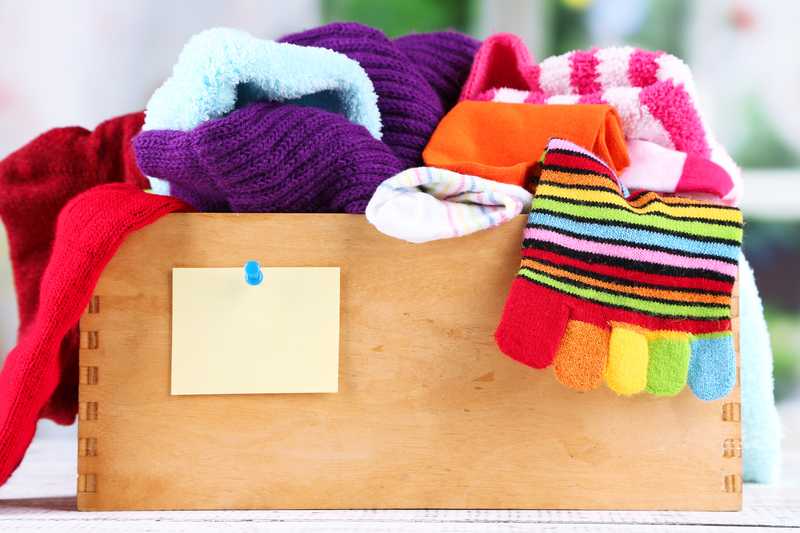Organic Alternatives: Cleaning Without Chemicals
Posted on 23/02/2025
In an era where health consciousness and environmental sustainability are at the forefront, more people are seeking alternatives to chemical-laden cleaning products. Organic cleaning solutions offer a safe and effective way to maintain a hygienic household without compromising on health or harming the environment.
The Need for Organic Alternatives
Chemical cleaners, although effective, often contain harmful substances that can cause respiratory issues, skin irritation, and other health problems. Long-term exposure can exacerbate these issues and even introduce toxic elements into our living spaces. Organic alternatives provide a safe, gentle, and eco-friendly solution to these problems.

Benefits of Cleaning Without Chemicals
1. Healthier Living Environments: Organic cleaning products are free from toxic chemicals, making your home a safer place for children, pets, and adults alike.
2. Eco-Friendly: These alternatives reduce your carbon footprint by using sustainable ingredients and eco-friendly packaging.
3. Cost-Effective: Many organic cleaning solutions can be made from common household items, saving you money on commercial cleaning products.
Common Organic Cleaning Ingredients
1. Baking Soda: Acts as a natural abrasive, deodorizer, and cleaner.
2. White Vinegar: Known for its disinfecting properties and ability to cut through grease.
3. Lemon Juice: Great for tackling stains and leaving a fresh scent.
4. Essential Oils: Provide natural antibacterial and aromatic properties.
5. Castile Soap: A versatile soap that's gentle yet effective.
DIY Organic Cleaning Solutions
1. All-Purpose Cleaner: Mix equal parts white vinegar and water in a spray bottle. Add a few drops of essential oil for fragrance.
2. Glass Cleaner: Combine 1 cup of water, 1 cup of rubbing alcohol, and 1 tablespoon of vinegar for a streak-free shine.
3. Bathroom Scrub: Combine baking soda and a few drops of Castile soap to make a paste. Use it to scrub sinks, tubs, and tiles.
4. Floor Cleaner: Mix 1 cup of vinegar with 1 gallon of hot water. For wood floors, add a few drops of olive oil.
5. Air Freshener: Combine water with a few drops of your favorite essential oil in a spray bottle.
Pros and Cons of Organic Alternatives
Pros:
- Safe for all household members
- Environmentally friendly
- Cost-effective
- Reduced allergic reactions and health risks
Cons:
- May require more elbow grease for tougher stains
- Shorter shelf life compared to chemical products
- Availability can be limited in some areas
Tips for Effective Organic Cleaning
1. Test First: Always test homemade cleaners on a small, inconspicuous area first.
2. Quality Ingredients: Use high-quality, organic ingredients for the best results.
3. Ventilation: Ensure good ventilation while cleaning to disperse any strong natural odors.
4. Label: Properly label homemade cleaners to avoid confusion.
5. Regular Maintenance: Clean regularly to prevent the build-up of dirt and grime.

Key Takeaways
- Organic alternatives provide a healthier and environmentally friendly way to clean your home.
- Common household items like vinegar, baking soda, and lemon juice can be effective cleaners.
- DIY solutions can save money and reduce exposure to harmful chemicals.
- While there are some limitations, the benefits outweigh the drawbacks for most households.
Conclusion
Adopting organic alternatives for cleaning not only promotes a healthier living environment but also supports a more sustainable planet. By incorporating natural ingredients and DIY recipes, you can achieve a clean and safe home without relying on harsh chemicals. With the added benefits of cost savings and reduced health risks, it's clear that organic cleaning is a viable option for conscientious consumers. Start making the switch today and experience the numerous benefits for yourself.
Latest Posts
Keep Your Home Dust Mite-Free: A Short Guide







